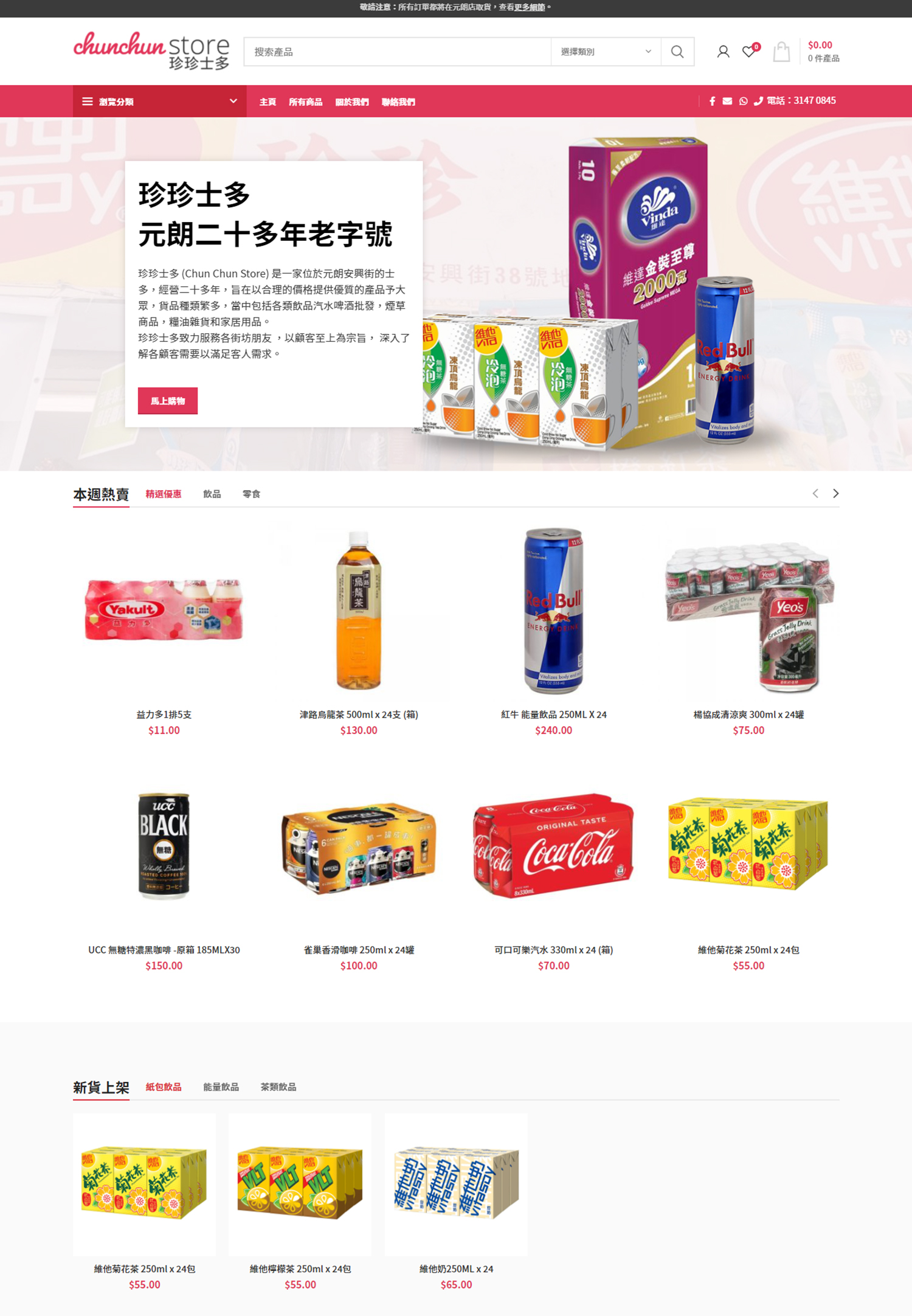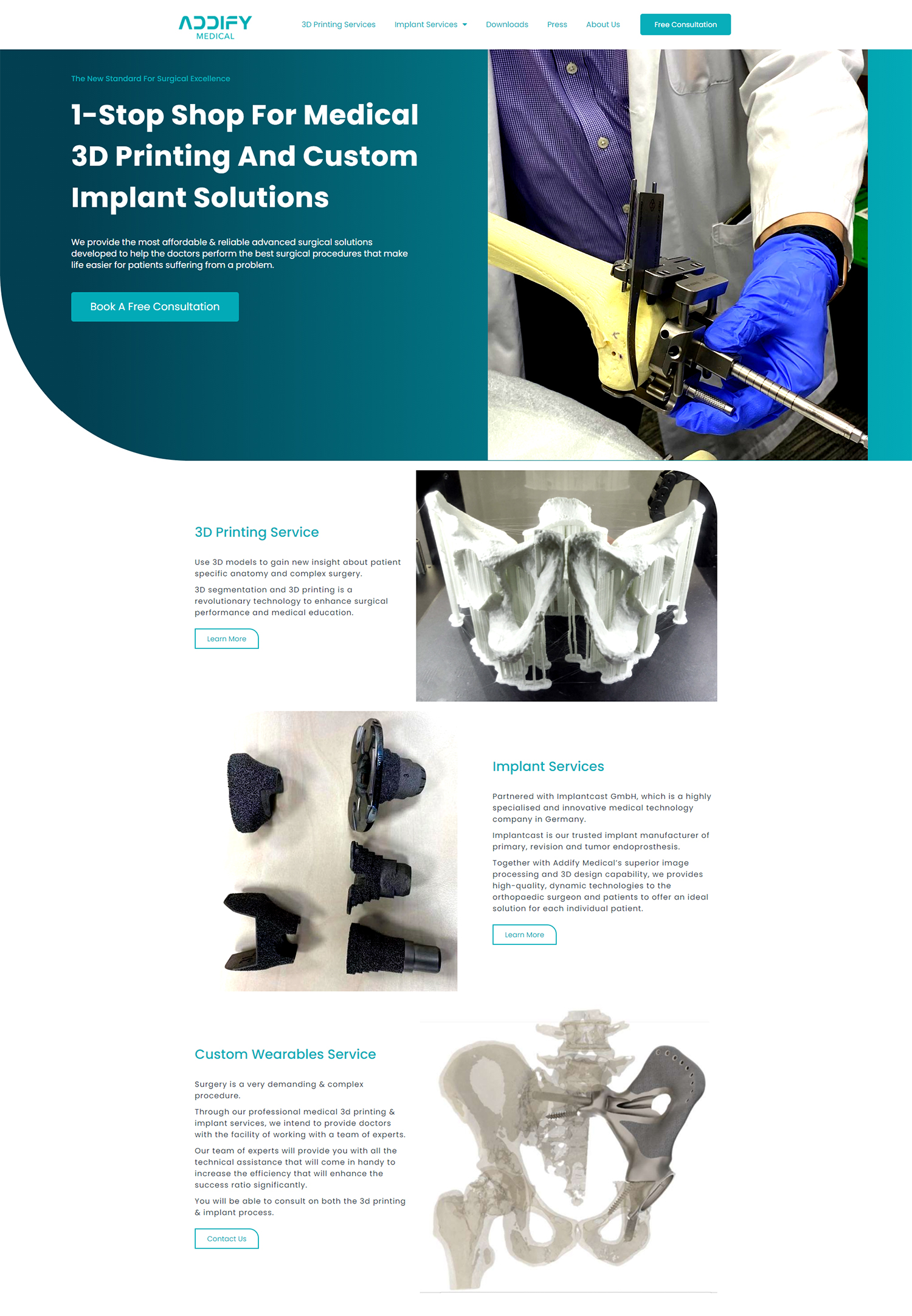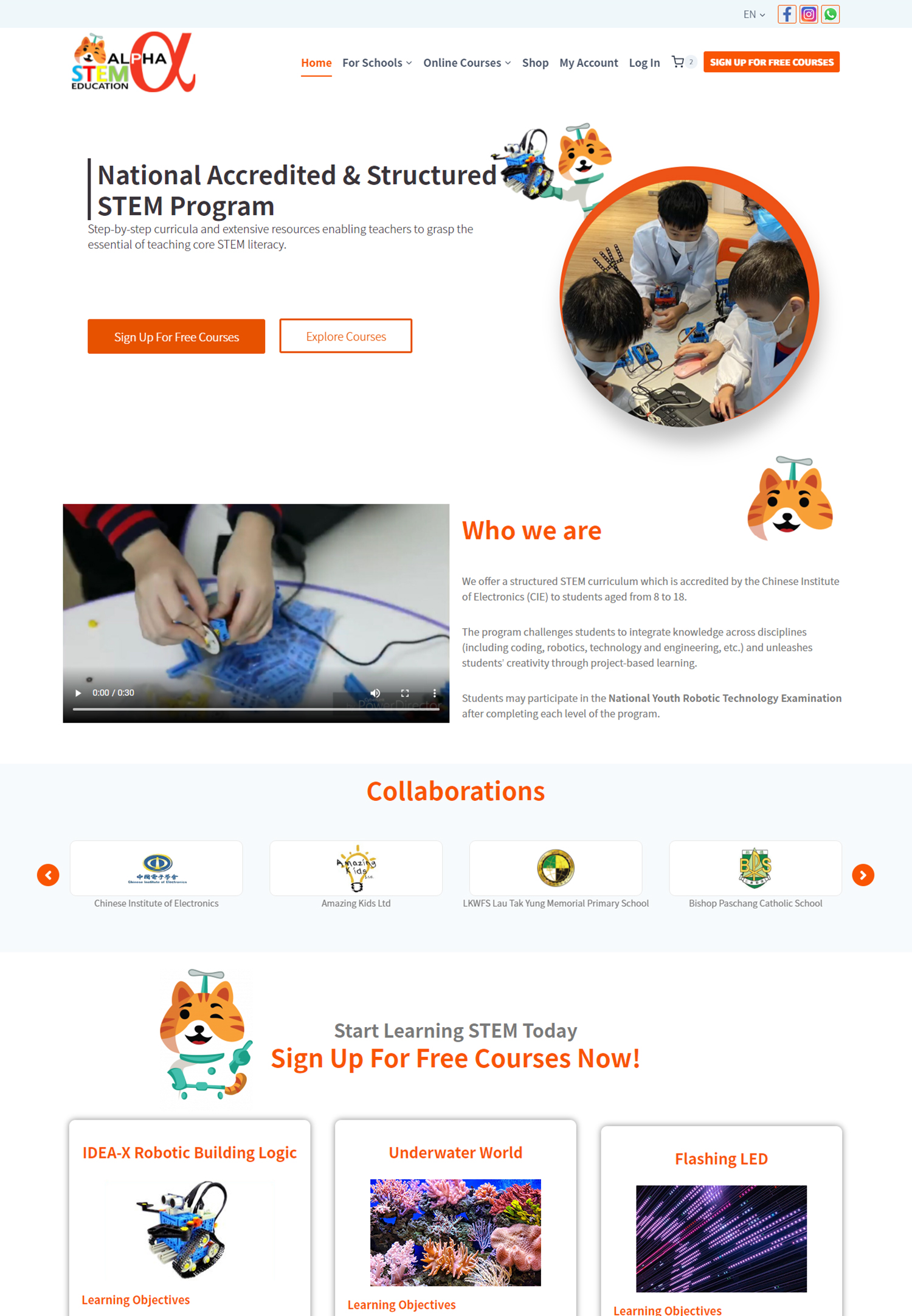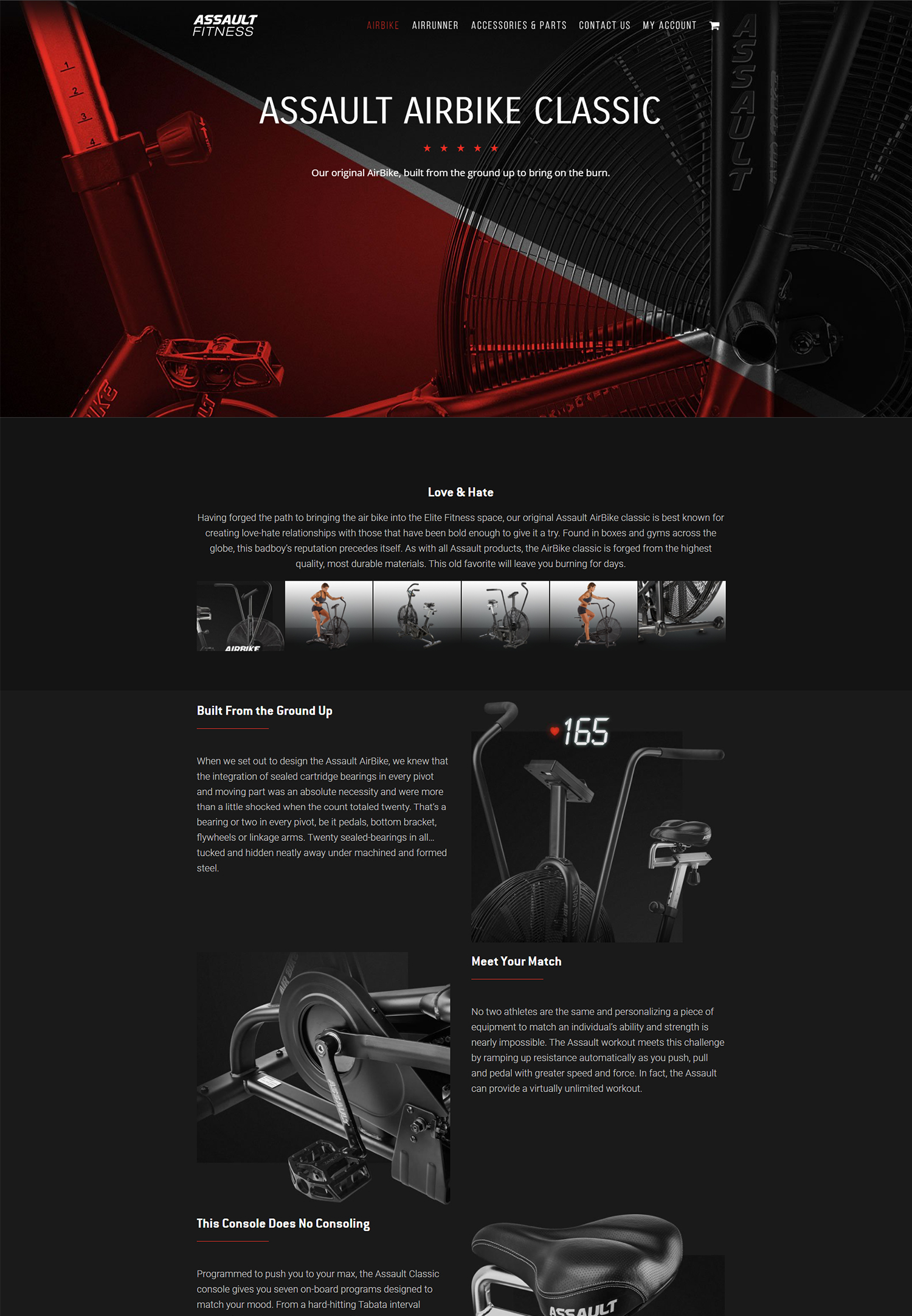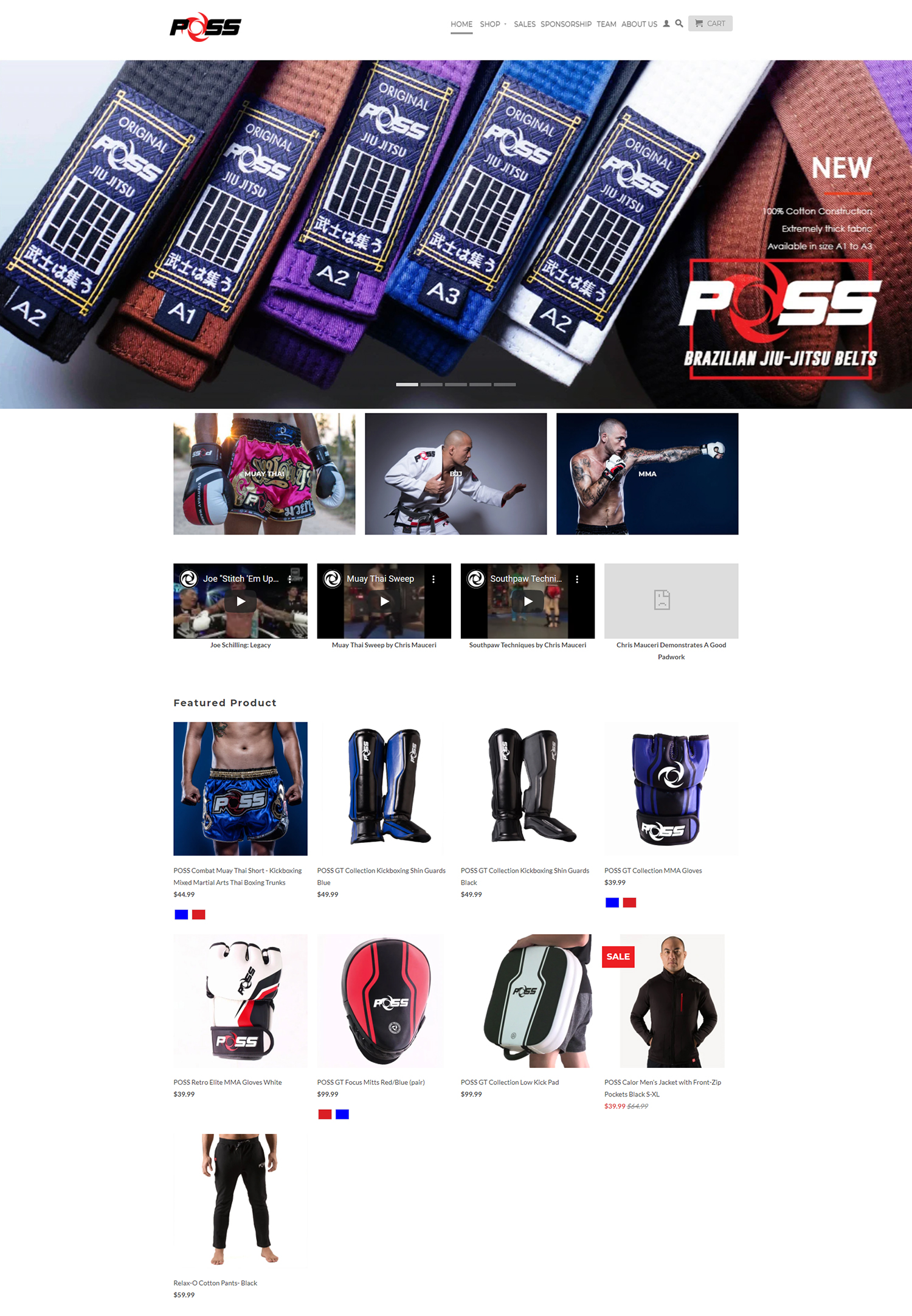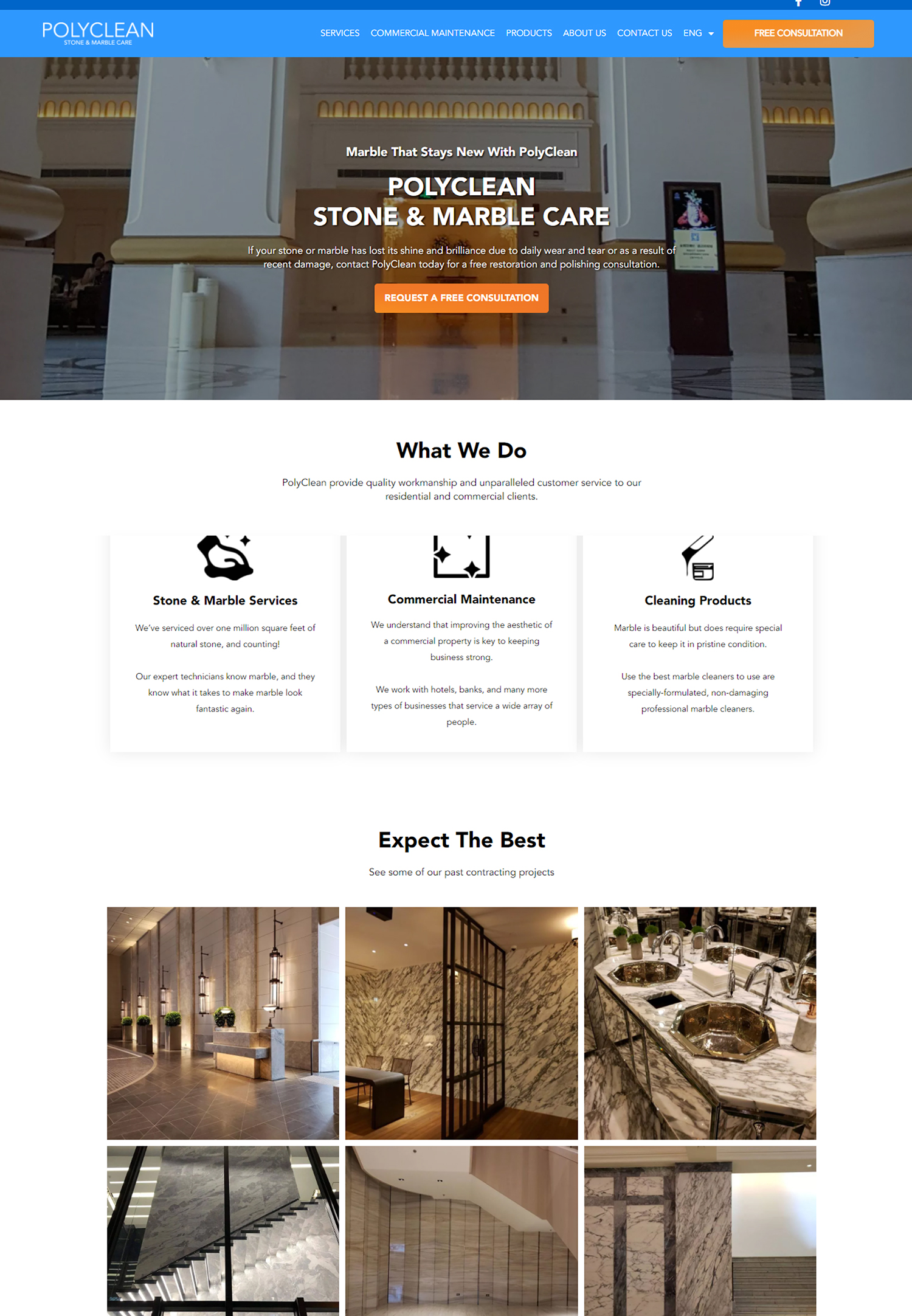To effectively engage with a local audience, businesses must first develop a comprehensive understanding of the local market. This involves analyzing demographic data, consumer behavior, and local trends that influence purchasing decisions. For instance, a coffee shop in a bustling urban area may find that its clientele consists primarily of young professionals seeking quick service during their morning commutes.
In contrast, a family-owned restaurant in a suburban neighborhood might cater to families looking for a relaxed dining experience on weekends. By identifying these nuances, businesses can tailor their offerings and marketing strategies to meet the specific needs of their target audience. Moreover, understanding the local market also means recognizing the cultural and social dynamics that shape consumer preferences.
Local events, seasonal changes, and community values can significantly impact how products and services are perceived. For example, a retail store might see increased sales during local festivals or holidays, while a gym may experience fluctuations in membership based on the time of year. By staying attuned to these factors, businesses can not only enhance their product offerings but also create marketing campaigns that resonate with the local community, fostering a sense of connection and loyalty.
Key Takeaways
- Understanding the local market is crucial for the success of a local business
- Social media can be a powerful tool for reaching and engaging with local customers
- Local SEO strategies can help businesses improve their online visibility within their community
- Email marketing is an effective way to connect with and market to a local audience
- Creating engaging content tailored to local customers can help businesses build a loyal customer base
Utilizing Social Media for Local Business
Social media has emerged as a powerful tool for local businesses to connect with their communities. Platforms like Facebook, Instagram, and Twitter allow businesses to engage directly with customers, share updates, and promote special offers. For instance, a local bakery can showcase its daily fresh-baked goods through visually appealing posts on Instagram, enticing potential customers with mouth-watering images.
Additionally, social media provides an avenue for businesses to interact with their audience in real-time, responding to inquiries and feedback promptly, which can enhance customer satisfaction and loyalty. Furthermore, social media advertising offers targeted options that can be particularly beneficial for local businesses. By utilizing geotargeting features, companies can ensure that their ads reach users within a specific geographic area.
This means that a local gym can promote its membership deals to individuals living within a five-mile radius, maximizing the chances of attracting new clients. Engaging content such as polls, contests, or user-generated content can also foster community involvement and encourage sharing among local users, amplifying the business’s reach organically.
Leveraging Local SEO Strategies
Local Search Engine Optimization (SEO) is crucial for businesses aiming to attract customers in their immediate vicinity. By optimizing their online presence for local search queries, businesses can improve their visibility on search engines like Google. This involves incorporating location-based keywords into website content, meta descriptions, and title tags.
For example, a plumbing service in Austin should include phrases like “Austin plumbing services” or “emergency plumber in Austin” throughout its website to enhance its chances of appearing in relevant search results. In addition to keyword optimization, local businesses should also focus on building citations—mentions of their business name, address, and phone number (NAP) across various online directories. Consistency in NAP information across platforms like Yelp, Yellow Pages, and local business directories is essential for improving search rankings.
Furthermore, creating localized content such as blog posts about community events or partnerships with other local businesses can enhance relevance and authority in the eyes of search engines. This multifaceted approach to local SEO not only drives traffic but also establishes the business as a trusted resource within the community.
Implementing Email Marketing for Local Audience
| Metrics | Value |
|---|---|
| Open Rate | 25% |
| Click-through Rate | 10% |
| Conversion Rate | 5% |
| Subscriber Growth | 100 new subscribers per month |
| Unsubscribe Rate | 2% |
Email marketing remains one of the most effective channels for reaching local customers directly. By building an email list of local subscribers, businesses can send targeted messages that resonate with their audience’s interests and needs. For instance, a local florist could send out seasonal newsletters featuring special promotions for holidays like Valentine’s Day or Mother’s Day, encouraging customers to purchase flowers for their loved ones.
Personalization is key; addressing recipients by name and tailoring content based on previous purchases can significantly increase engagement rates. Moreover, email marketing allows businesses to keep their audience informed about upcoming events or new product launches. A local bookstore might use email campaigns to announce author signings or book club meetings, fostering a sense of community among readers.
Additionally, incorporating exclusive offers or discounts for email subscribers can incentivize sign-ups and drive foot traffic to the store. By consistently providing valuable content and maintaining open lines of communication through email marketing, businesses can cultivate lasting relationships with their local customers.
Creating Engaging Content for Local Customers
Content creation is an essential aspect of any marketing strategy, particularly for local businesses looking to connect with their community. Engaging content not only attracts potential customers but also establishes the business as an authority in its field. For example, a local fitness studio could create blog posts or videos featuring workout tips tailored to the specific needs of the community—such as outdoor exercises suitable for the local climate or nutrition advice based on regional cuisine.
This type of content not only provides value but also encourages sharing among community members. Additionally, storytelling can be a powerful tool in creating engaging content. Sharing the story behind the business—its origins, values, and commitment to the community—can resonate deeply with local customers.
A family-owned restaurant might highlight its history and dedication to using locally sourced ingredients in its dishes. By weaving personal narratives into marketing efforts, businesses can foster emotional connections with their audience, making them more likely to choose that establishment over competitors.
Utilizing Google My Business for Local Visibility
Google My Business (GMB) is an invaluable resource for local businesses seeking to enhance their online visibility. By creating and optimizing a GMB profile, businesses can ensure that they appear in local search results and on Google Maps when potential customers search for relevant services. A well-maintained GMB listing includes essential information such as business hours, location, contact details, and customer reviews.
For instance, a local auto repair shop can attract new customers by ensuring its GMB profile is complete with accurate information and high-quality images showcasing its services. Moreover, GMB offers features that allow businesses to engage with customers directly. The Q&A section enables potential clients to ask questions about services or products, while posts can be used to share updates or promotions.
Regularly updating this information not only keeps customers informed but also signals to Google that the business is active and engaged with its audience. Additionally, responding to reviews—both positive and negative—demonstrates a commitment to customer service and can significantly influence potential customers’ perceptions.
Leveraging Online Reviews and Testimonials
Online reviews play a critical role in shaping consumer perceptions and influencing purchasing decisions. For local businesses, positive reviews can serve as powerful endorsements that attract new customers. Encouraging satisfied clients to leave reviews on platforms like Google, Yelp, or Facebook can significantly enhance a business’s reputation within the community.
A local hair salon might implement a follow-up email campaign asking clients to share their experiences online after an appointment, thereby increasing its visibility and credibility. In addition to soliciting reviews, it is essential for businesses to actively manage their online reputation by responding to feedback. Addressing negative reviews professionally and constructively demonstrates a commitment to customer satisfaction and can turn a dissatisfied customer into a loyal advocate.
Highlighting positive testimonials on the business’s website or social media pages can also reinforce trust among potential customers. By showcasing real experiences from satisfied clients, businesses can create an authentic narrative that resonates with new audiences.
Collaborating with Local Influencers and Partners
Collaborating with local influencers and partners can significantly amplify a business’s reach within its community. Influencers who have established trust and credibility among their followers can help promote products or services in an authentic manner. For example, a local fitness studio might partner with a popular health influencer who shares workout routines or nutrition tips with their audience.
This collaboration not only exposes the studio to new potential clients but also lends credibility through the influencer’s endorsement. Additionally, forming partnerships with other local businesses can create mutually beneficial opportunities for cross-promotion. A coffee shop could collaborate with a nearby bakery to offer special discounts on combined purchases or host joint events such as coffee tastings paired with baked goods.
Such collaborations not only enhance visibility but also foster a sense of community among local businesses. By working together, they can create unique experiences that attract customers while reinforcing their commitment to supporting one another within the local economy. In conclusion, understanding the intricacies of the local market is paramount for businesses aiming to thrive within their communities.
By leveraging social media effectively, implementing robust SEO strategies, engaging in targeted email marketing campaigns, creating compelling content, utilizing Google My Business effectively, managing online reviews diligently, and collaborating with influencers and partners, businesses can establish themselves as integral parts of their local landscape while driving growth and customer loyalty.






